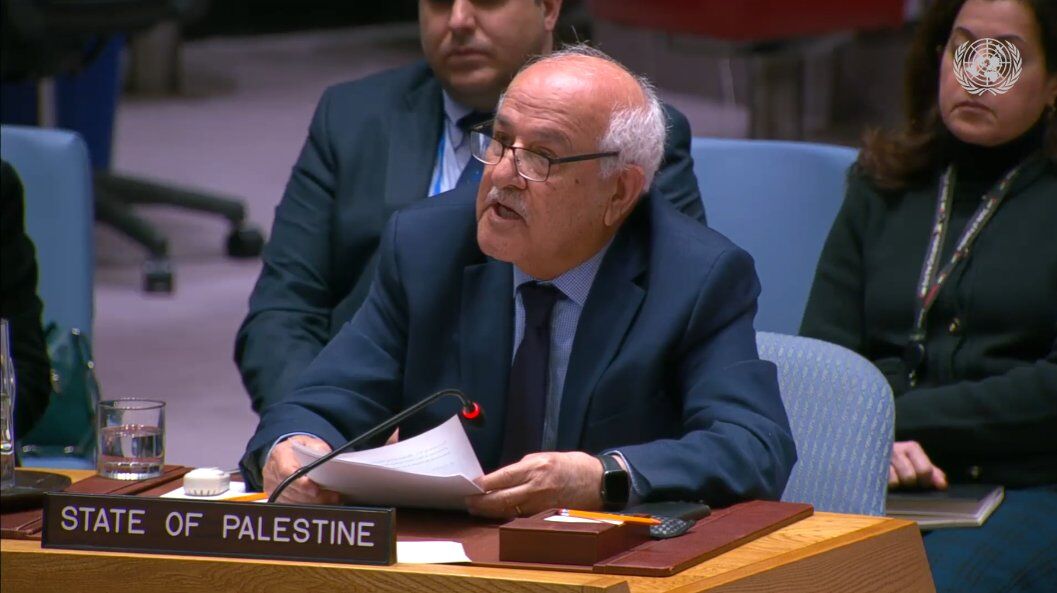The Sunset of Arms Control; The Dawn of the Era of “Open Nuclear Competition” in the International System
Strategic Council Online – Opinion: The expiration of the New START treaty between the United States and Russia can be considered as the end of one of the most important mechanisms for regulating nuclear competition in the international system.


















